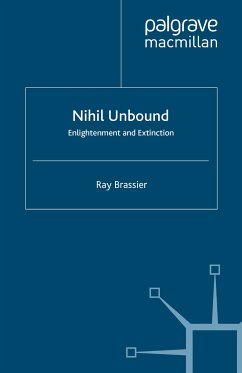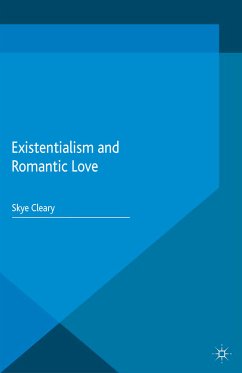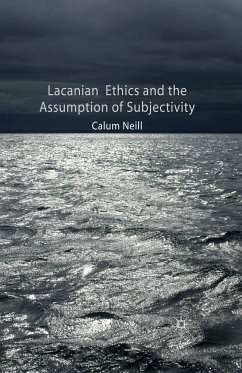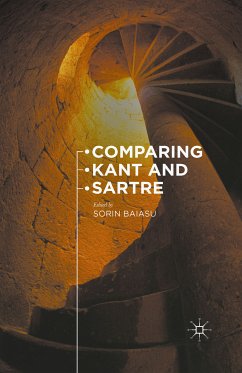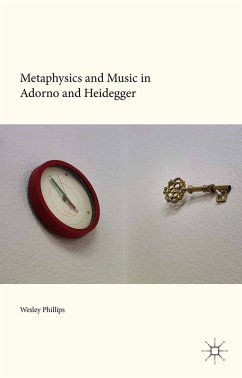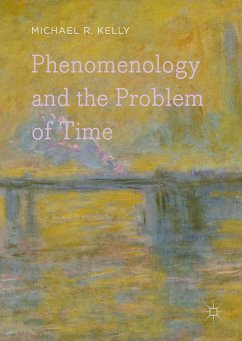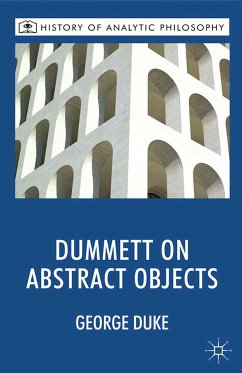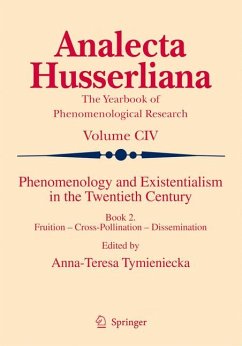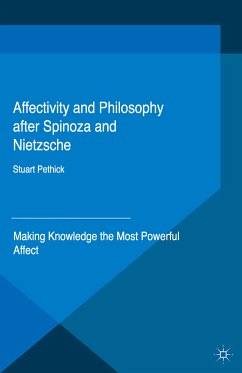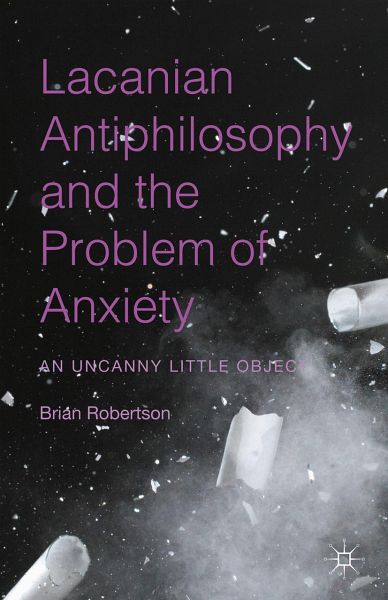
Lacanian Antiphilosophy and the Problem of Anxiety (eBook, PDF)
An Uncanny Little Object
Versandkostenfrei!
Sofort per Download lieferbar
80,95 €
inkl. MwSt.
Weitere Ausgaben:

PAYBACK Punkte
40 °P sammeln!
This book brings Jacques Lacan's work on the problem of anxiety into a jarring and fruitful confrontation with phenomenology, existentialism, and the 'jargon' of authenticity. Brian Robertson masterfully upends a host of received philosophical truths - most notably, and crucially, the idea that anxiety 'lacks an object.'
Dieser Download kann aus rechtlichen Gründen nur mit Rechnungsadresse in A, B, BG, CY, CZ, D, DK, EW, E, FIN, F, GR, HR, H, IRL, I, LT, L, LR, M, NL, PL, P, R, S, SLO, SK ausgeliefert werden.



